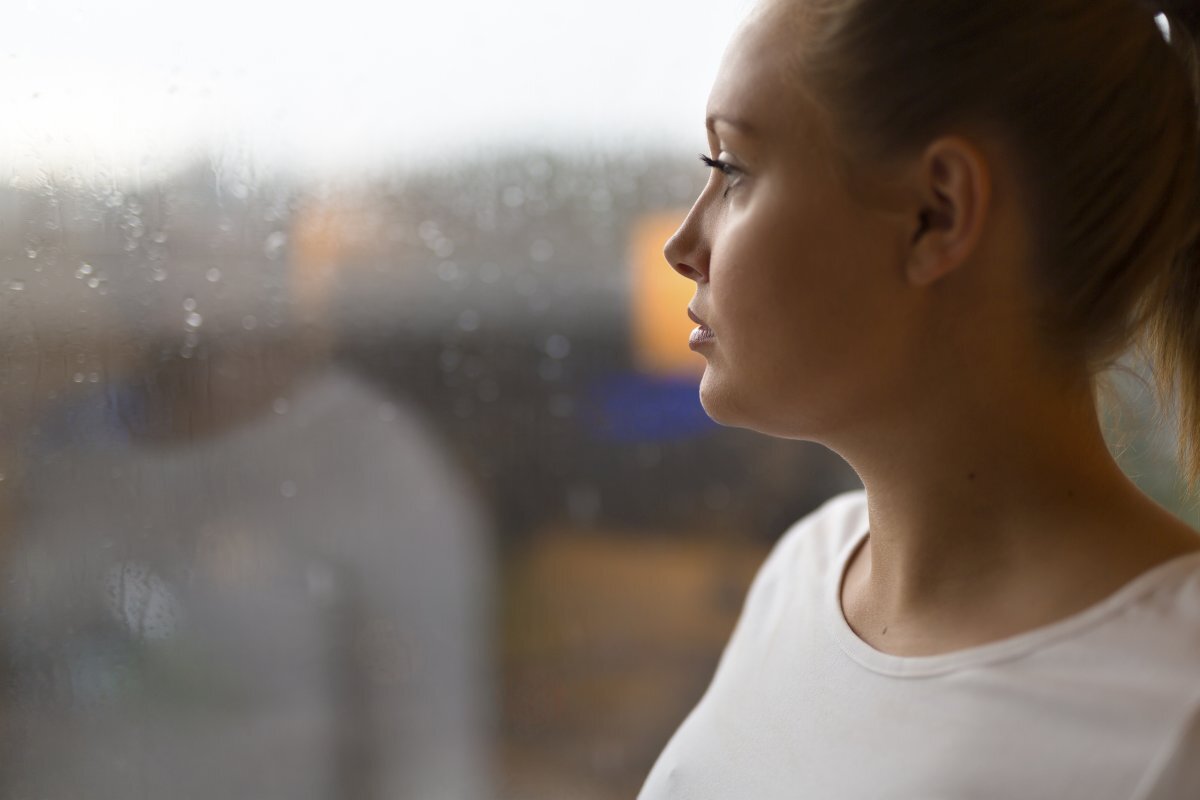The novel coronavirus (COVID-19) has impacted the world as we know it, and we are all adjusting to a “new normal” that seems to change daily.
Restrictions have been put in place to try to slow down and control the spread of the virus which have placed limits on the ways we can work, go to school, and interact with family, friends, and our community. Since it’s unknown how long these restrictions will be in place, it is normal for your mental health to be challenged, even if you have never experienced problems in the past.
Try to realize that while there is uncertainty about when this situation will end and whether life will look different when it does end, it won’t last forever.
People Most Affected Mentally by COVID-19
While many people will be affected mentally by the COVID-19 pandemic to some degree or another, there are certain groups that may find it more difficult to manage during this time. These include:
- Older adults, children, and teenagers
- People with pre-existing health conditions
- Those who were already experiencing mental health conditions such as depression, anxiety, or post-traumatic stress disorder (PTSD)
- People who have substance use problems
- Healthcare workers and first responders
Signs of Stress During Pandemics
Managing stress during a pandemic is possible, but before you can manage it, you must first be able to recognize it. When going through stressful experiences, adults can experience a variety of emotions, behaviours, and physical sensations such as:
- Fear, anxiety, anger, or depression
- Low energy
- Sleep problems
- Chest pain
- Digestive issues
- Increase in tobacco, drug, or alcohol use
Younger children may respond to stress by wanting more comfort, crying or being irritable, or regressing to behaviours such as bed-wetting or thumb sucking. Teenagers and young adults may feel isolated because of physical distancing and may act more irritable or annoyed. They can also have changes in their sleeping and eating patterns.

Steps to Support Yourself Mentally During COVID-19
News Consumption
It’s important to stay up to date and informed on government directives that may affect you but exposing yourself to too much news can increase your levels of anxiety and stress. Choose reliable news sources and set daily limits on the amount of time you spend reading, listening to, or watching the news. For example, you could allow yourself access to news media for 30 minutes at a time, twice a day.
Social Connection
With rules about physical distancing in place, you can maintain connection with friends and family outside your home with texts, phone calls, social media, and video chats. Ensure that some time is spent speaking about things other than the pandemic.
Schedule
Creating a daily schedule can help adults and children regain a sense of control at this time. Schedule some time for activities that you enjoy, such as cooking, reading, or playing or listening to music.
Healthy Lifestyle
It’s even more important now to focus on developing or maintaining a healthy lifestyle. Eating well, exercising, getting enough sleep, and limiting your consumption of alcohol and drugs will help support you physically and mentally.
Additional Supports
Practicing mindfulness can give you a sense of meaning in your life and can be attained through yoga, meditation, journaling, doing relaxation and deep-breathing exercises, or by bringing more attention to performing your daily activities.
Reducing Stress and Anxiety in Children and Teens
To help reduce the stress and anxiety that c may be feeling in response to the COVID-19 pandemic, you can:
- Speak with them and encourage them to share their feelings
- Answer their questions in a way that is suitable to their age
- Provide extra attention and reassurance
- Participate in activities they enjoy such as assembling puzzles, reading, playing video games or board games, and colouring
- Minimize the amount of media they are exposed to
- Support them in completing homework assignments
- Dealing with Stress and Anxiety as a First Responder
First responders are under increased risk during the COVID-19 crisis, just by doing their jobs. To help deal with stress and manage anxiety remember that this pandemic could last for a while, so pace yourself. Recognize the signs of burnout and compassion fatigue and seek out help from resources through your employer. You can also speak to your peers about how you are feeling and the stresses you are experiencing, but most importantly, prioritize self-care when not working.
Coping with Self-Isolation and Quarantine
If you have returned from travel outside of Canada recently, have COVID-19 symptoms, or may have been exposed to COVID-19, then you will need to quarantine yourself or self-isolate for a period. Remember that this is temporary and try to focus on how you are keeping other people safe through your actions. In addition to undertaking self-care activities, thinking about how this unusual situation may have possible benefits can provide you with some perspective.
Mitigating Stress and Anxiety after Release from Quarantine
After being released from quarantine, it is likely you will feel relief, but you may experience negative emotions, too. You could experience worry about your health or the health of those around you or guilt about how your work or parenting duties have been affected by your quarantine. Talk about your feelings with those you trust, and if your difficulties persist beyond a couple of weeks, consider accessing professional help.